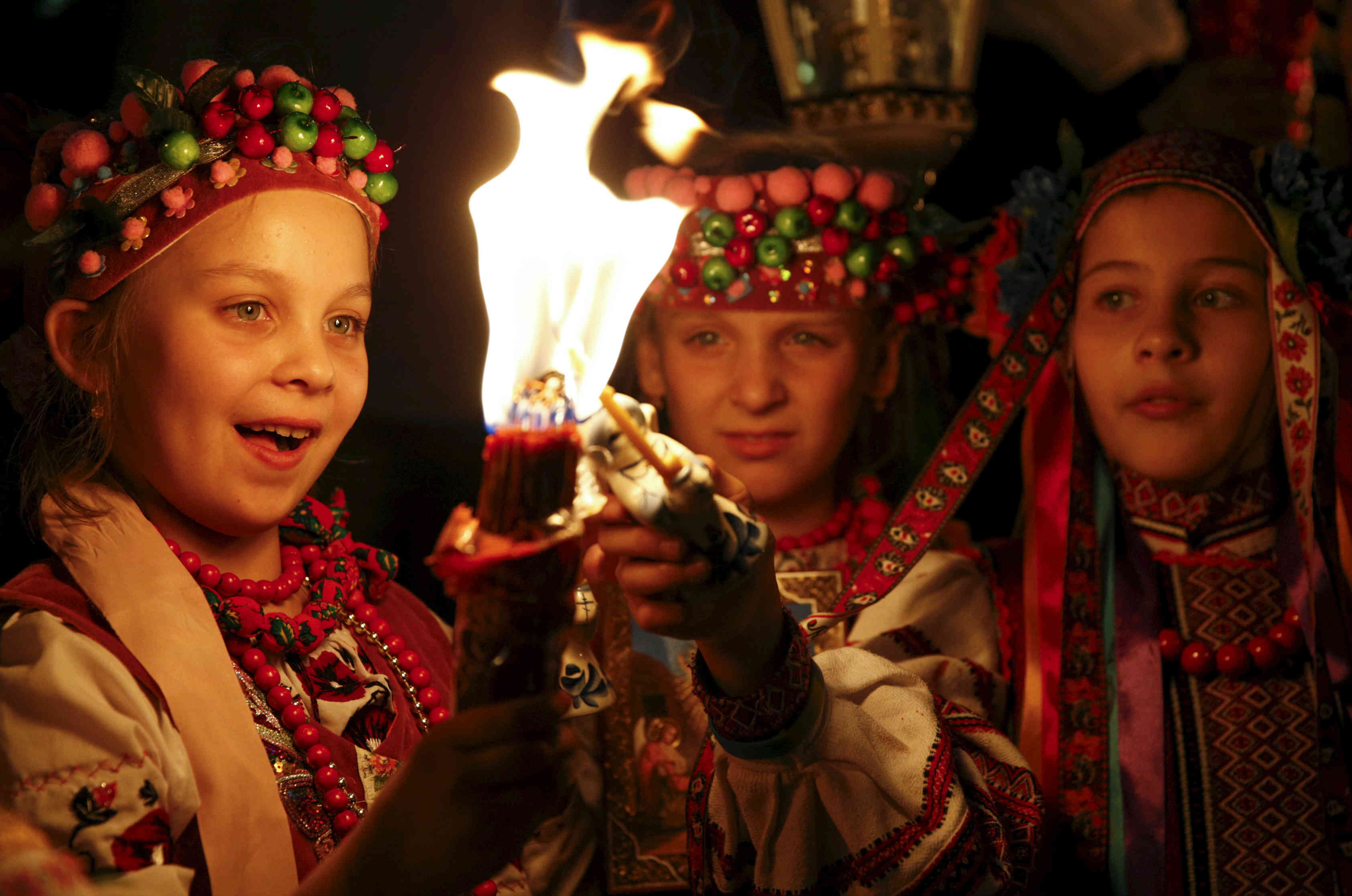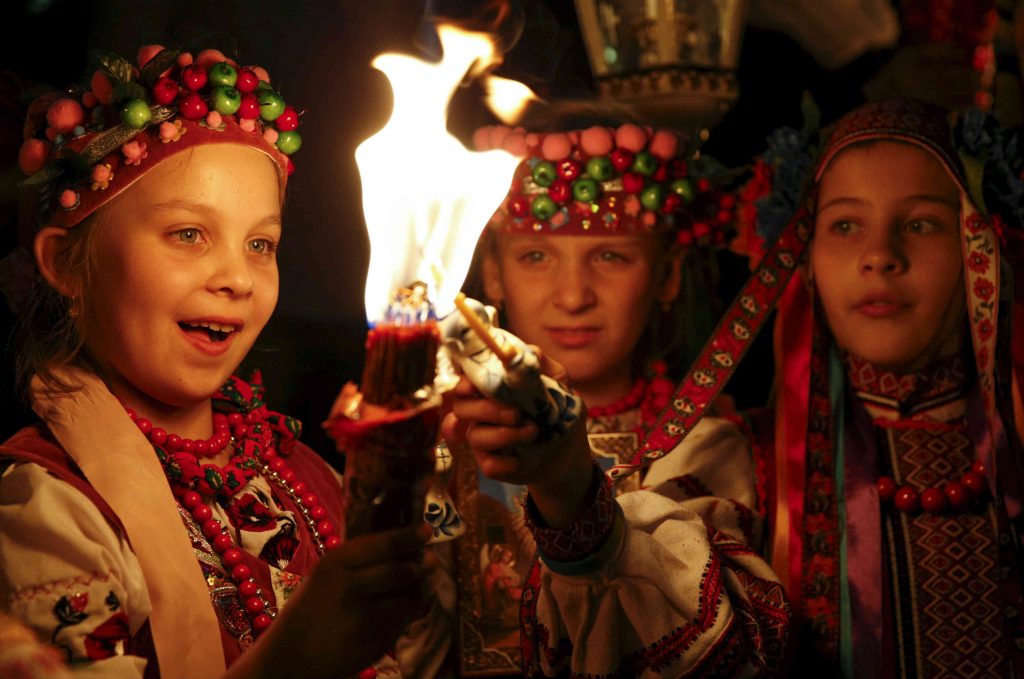 In Russia this April, a Baptist pastor was jailed for professing his faith. Pavel Pilipchuk’s five-day detention was brief, but excessive. It followed his refusal to pay a heavy fine for organizing street evangelism in the city of Oryol, around 200 miles south of Moscow. By not informing city officials of his plans, a local court ruled the pastor had violated Russia’s law regulating public demonstrations. Pilipchuk’s plea that “Christian hymns and conversation are not demonstrations” fell on deaf ears. So did his appeal to Russia’s constitutional guarantees of religious freedom.
In Russia this April, a Baptist pastor was jailed for professing his faith. Pavel Pilipchuk’s five-day detention was brief, but excessive. It followed his refusal to pay a heavy fine for organizing street evangelism in the city of Oryol, around 200 miles south of Moscow. By not informing city officials of his plans, a local court ruled the pastor had violated Russia’s law regulating public demonstrations. Pilipchuk’s plea that “Christian hymns and conversation are not demonstrations” fell on deaf ears. So did his appeal to Russia’s constitutional guarantees of religious freedom.
Freedom of speech and assembly are also increasingly under threat in Crimea. Russia’s annexation of the peninsula in March 2014 brought its religious communities under the same legal rules used to justify Pilipchuk’s detention. The pastor’s initial fine was tenfold what it would have been before 2012, when Russian President Vladimir Putin toughened the regulations on public demonstrations in response to an explosion of popular protest over his return to the presidency. In 2014, penalties for violating Russia’s law against extremism— also unjustly applied against religious believers— were similarly raised.
Russia’s restrictiveness contrasts sharply with Ukraine. Until late in the presidency of Viktor Yanukovych, Kyiv did not generally restrict religious communities. Yanukovych’s stance was sooner symbolic preference for the Orthodox Church loyal to the Moscow Patriarch than entrenched discrimination. Religious freedom complaints typically arose from property disputes between that Church and its two breakaway factions. The state usually kept its distance. Unlike Russia, there is no obvious political gain to be had by privileging a particular faith group in Ukraine since no single religious community commands an overwhelming majority.
Since annexation, Crimea’s religious communities have had a hard time. Russia’s anti-extremism law has already resulted in fines against nine people—Muslims, librarians, and a bookseller—for possessing banned literature, according to Forum 18 News Service. Three Jehovah’s Witness organizations have been fined for the same reason. The Jehovah’s Witness website is blocked.
Russia’s stricter rules on foreign religious personnel have forced the closure of a small Roman Catholic convent in Simferopol. In January, a Polish Roman Catholic priest was fined and forced to leave for ministering in Yalta while on a tourist visa. Eastern Rite Catholic priests—typically citizens of Ukraine—may spend only 90 days at a time on the peninsula before leaving for a further 90. All 23 foreign imams and Islamic religious teachers were forced to leave Crimea by the end of 2014, despite having been vetted by the Turkish government.
Crimea’s religious organizations must re-register to operate legally under Russia’s religion law. Registration is not compulsory but needed for basic activities such as producing religious literature and visiting hospitals or prisons. Russia’s religious communities went through the burdensome re-registration process in 1997-2000. The Russian state was keen to re-register as many organizations as possible then. The same may be true now: Putin recently extended the re-registration deadline in Crimea a second time, to January 2016.
By May 2015, however, only five percent of Crimea’s religious organizations had managed to re-register. Again suggesting official leniency, most of the successful organizations are denominations disliked in Russia: evangelical Protestants, Jehovah’s Witnesses, and Mormons.
Yet all is not well for Crimea’s twenty-six Catholic communities. The Roman Catholic parishes belong to a diocese covering territory mostly still in Ukraine. Rather than transfer them to a Russian diocese—and so implicitly acknowledge Crimea’s annexation—the Catholic Church has created a separate administrative district solely for Crimea. Its registration application has already been rejected. It is hard to envisage how this Catholic administrative district will gain Russian legal status while continuing to acknowledge its subordination to a Ukrainian diocese. The same goes for the Eastern-rite Catholic Exarchate of Crimea.
Even the Ukrainian Orthodox Church, loyal to the Moscow Patriarch, is having problems. Of its three dioceses in Crimea, one has successfully re-registered. But this sparked a storm of controversy in Ukraine: how had it done so while maintaining its legal subordination to the Church’s synod in Kyiv? Apparently confirming suspicions, re-registration papers leaked this March listed the address of the Simferopol and Crimea Diocese in Russia and ascribed its property to the Russian Orthodox Church. Spokesmen for the Ukrainian Orthodox Church swiftly dismissed these papers as fake.
The re-registration issue is sensitive as it opens up a divide within the Ukrainian Orthodox Church. The Church’s Kyiv leadership strongly opposes Russia’s annexation of Crimea. In the space of just two months, however, its Simferopol and Crimea Diocese went effortlessly from providing pastoral support to the Ukrainian navy to celebrating World War Two Victory Day “under Russian flags for the first time.”
Under Kyiv, Crimea’s religious communities were typically left alone. Under Moscow, they can expect meddlesome bureaucracy at best, crippling oppression at worst.
Geraldine Fagan, author of “Believing in Russia: Religious Policy after Communism,” is a freelance writer based in Washington, D.C.
Image: Children dressed in traditional Ukrainian clothing light candles during the Holy Fire ceremony on the eve of Orthodox Easter service in front of Volodymysky Cathedral in Kiev April 11, 2015. REUTERS/Valentyn Ogirenko
